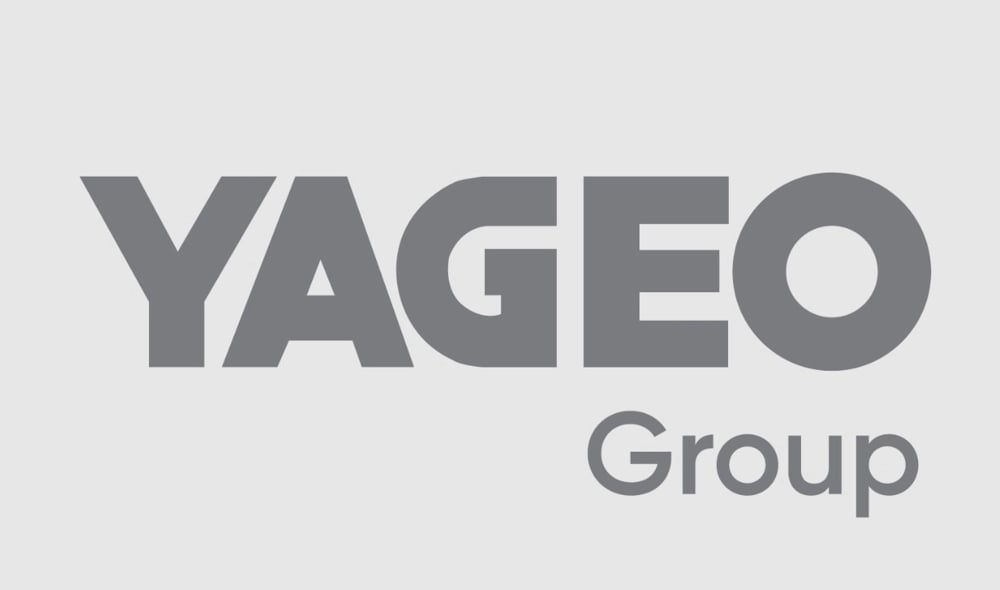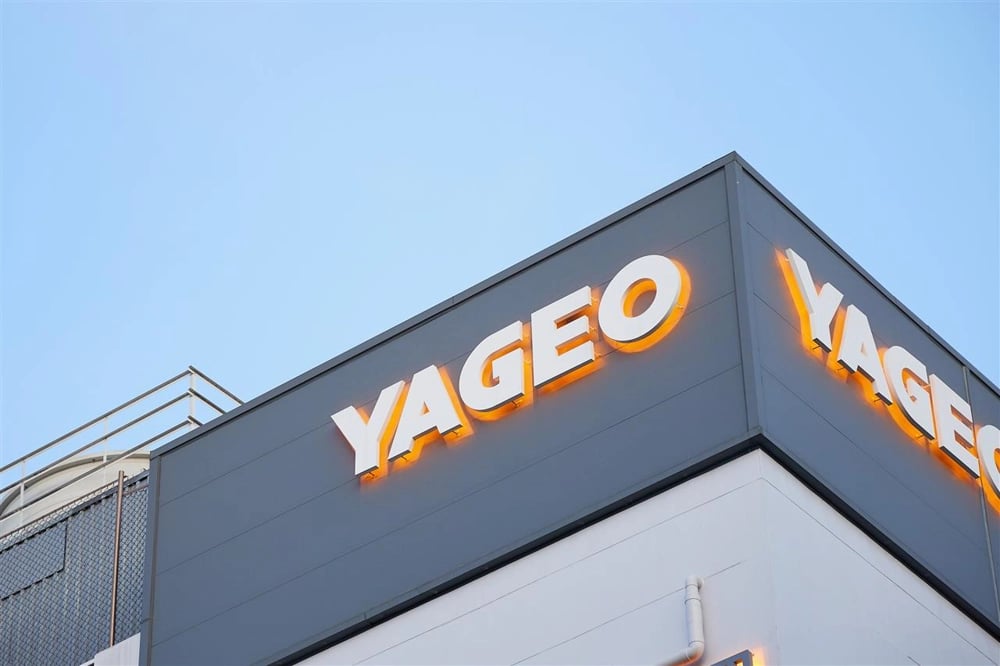Yageo's Bid for Shibaura Electronics Aims to Safeguard AI Sensor Technologies
Taiwan's Yageo Corporation has set its sights on acquiring Japan-based Shibaura Electronics Co., a strategic move that hinges on retaining Shibaura's cutting-edge sensor technologies within national borders. The acquisition, if successful, would see Yageo reinforcing its stance as a key player in the advanced electronics sector by integrating Shibaura’s precision thermistors, essential for AI-driven data centers.
Balancing Returns and Technological Integrity
Pierre Chen, founder and chairman of Yageo, emphasized the importance of balancing shareholder returns with the protection of key technologies. Tokyo's mandate is clear: retain technologically advanced capabilities while remaining profitable. Shibaura's thermistors serve a critical function by ensuring electronic devices do not overheat during intensive data processing tasks ubiquitous in AI applications. This enhancement in Yageo's portfolio could provide a competitive edge, particularly in high-performance computing environments.

National Security and Technological Control
Chen has made it clear that Yageo is committed to preventing the dissemination of Shibaura's technologies to nations identified as unfriendly by Japan. By asserting strict control mechanisms, Yageo seeks to align with Japanese policies and preserve crucial AI sensor technologies. The strategic decision is not merely about acquisition but ensuring these assets remain secure, reflecting a broader geopolitical dynamic where technology transfer is increasingly scrutinized.
Competitive Landscape and Tender Offer
Yageo faces competition from Minebea Mitsumi Inc., a supplier to gaming giant Nintendo Co. $NTDOY. As it stands, Yageo’s tender offer is 6,200 yen per Shibaura share, surpassing Minebea's last bid of 5,500 yen. The tender offer from Yageo is set to expire on June 19, although details on whether an extension might be considered remain undisclosed.
Key Considerations:
Technological Safeguarding: Involves strict controls to ensure tech does not fall into competing terrains.
Shareholder Interests: Balancing immediate financial returns with long-term strategic gains.
Geopolitical Factors: Aligning corporate strategies with national interests to mitigate risks of tech transfer.

Financial and Strategic Implications
For Yageo $2327.TW, the acquisition aligns with a broader strategic goal of enhancing its product offerings and solidifying its market position. The integration of Shibaura's advanced sensor technology could lead to synergies across Yageo's existing product lines, driving innovation and facilitating entry into high-demand sectors.
The move underscores a significant phase in Yageo's expansion strategy, reflecting broader trends in the tech industry where acquisitions are leveraged to accelerate growth and secure technological advantages. However, the success of this acquisition hinges not only on financial bids but also on compliance with geopolitical and security considerations promulgated by Japanese authorities.
Conclusion
As Yageo navigates the complexities of this acquisition, the potential integration of Shibaura's advanced AI sensor technologies presents opportunities and challenges. The outcome of this tender could significantly alter the competitive landscape, with implications for future investments in AI and electronic component markets. This development is emblematic of the increasing interdependence between business objectives and national security in today's global market.















Comments